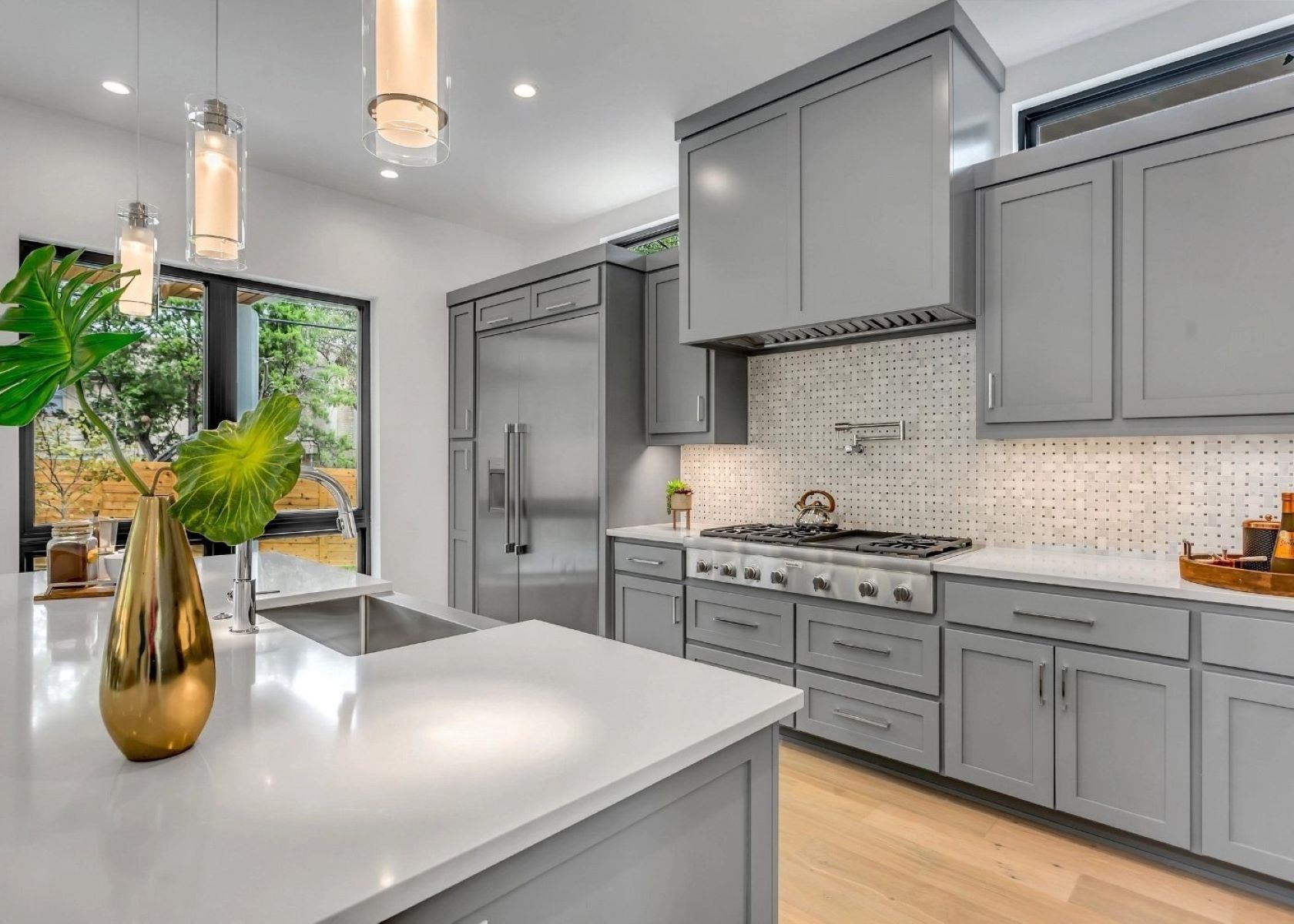

Articles
How Deep Are Standard Countertops
Modified: October 20, 2024
Learn about the standard depth of countertops and choose the perfect size for your kitchen remodeling project. Discover expert articles for valuable insights and tips.
(Many of the links in this article redirect to a specific reviewed product. Your purchase of these products through affiliate links helps to generate commission for Storables.com, at no extra cost. Learn more)
Introduction
When it comes to designing or renovating a kitchen or bathroom, one crucial element to consider is the choice of countertops. Countertops not only play a practical role in providing a durable and functional surface but also have a significant impact on the overall aesthetic appeal of the space.
One important aspect to consider when selecting countertops is their thickness. The thickness of a countertop can significantly influence its durability, appearance, and cost. In this article, we will explore the depth of standard countertops, their advantages and disadvantages, and factors to consider when choosing the right thickness for your project.
Whether you are a homeowner embarking on a kitchen remodel or a contractor looking for insights to guide your clients, understanding the depths of standard countertops is essential. Let us dive deeper into this topic to help you make an informed decision.
Key Takeaways:
- Thicker countertops, ranging from 1 ¼ to 1 ½ inches, offer enhanced aesthetics, durability, and strength for overhangs, but may come with a higher cost and space constraints. Consider your specific needs and design preferences when choosing the ideal thickness for your kitchen or bathroom.
- When selecting standard countertops, consider factors such as material durability, maintenance requirements, and compatibility with your existing cabinets. Balance style, functionality, and affordability to create a beautiful and functional space that aligns with your personal vision.
Read more: How Deep Is A Standard Vanity
Standard Countertop Thickness
Standard countertop thickness refers to the typical depth or thickness that manufacturers offer for various countertop materials. While there are different thickness options available, the most common standard thicknesses for countertops range from 1 ¼ inches to 1 ½ inches.
Countertop thickness can vary depending on the material used. For instance, laminate countertops are typically thinner, ranging from ½ inch to 1 inch, while natural stone countertops like granite or marble are often thicker, starting at 1 ¼ inches.
It is worth noting that there is no one-size-fits-all approach when it comes to countertop thickness. The optimal thickness for your project will depend on various factors, including the type of material, the desired aesthetic, and your personal preferences.
In recent years, thicker countertops have gained popularity due to their ability to create a more luxurious and substantial look. Thicker countertops can add a sense of elegance and sophistication to any kitchen or bathroom, making them a popular choice among homeowners and designers alike.
On the other hand, thinner countertops can be more budget-friendly and suitable for those who prefer a minimalist and streamlined look. Thinner countertops can also be a practical choice for smaller kitchens or bathrooms, where space is limited.
Ultimately, the ideal countertop thickness will depend on your specific needs and preferences. Consider the style of your space, the overall design aesthetic, and your budget when deciding on the appropriate thickness for your countertops.
Types of Standard Countertops
Standard countertops come in a variety of materials, each with its unique characteristics, benefits, and considerations. Here are some of the most popular types of standard countertops:
- Laminate Countertops: Laminate countertops are a cost-effective option that offers a wide range of colors and patterns. They consist of a thin layer of plastic laminate adhered to a particle board or plywood base. Laminate countertops are durable and easy to clean, but they may be susceptible to scratches and heat damage.
- Granite Countertops: Granite countertops are a timeless and luxurious option. They are known for their natural beauty, durability, and resistance to heat and scratches. Granite countertops are available in a wide range of colors and patterns, making them a popular choice among homeowners.
- Quartz Countertops: Quartz countertops are engineered stone countertops made of quartz crystals mixed with resin. They offer a uniform and consistent appearance and are known for their durability and low maintenance. Quartz countertops are non-porous, which means they are resistant to stains and require no sealing.
- Marble Countertops: Marble countertops exude elegance and sophistication. Known for their unique veining and natural beauty, marble countertops are often used in high-end kitchens and bathrooms. However, marble is a softer stone and can be prone to staining and scratches, so proper care and maintenance are crucial.
- Butcher Block Countertops: Butcher block countertops are made from strips of wood, typically maple, oak, or walnut, glued together in a thick slab. They offer a warm and rustic look and are a popular choice for both traditional and modern kitchens. Butcher block countertops require regular sealing and maintenance to prevent damage and stains.
These are just a few examples of the types of standard countertops available. Other options include stainless steel, concrete, solid surface, and ceramic tile countertops. Consider your budget, desired aesthetic, and lifestyle factors (such as maintenance requirements and durability) when selecting the type of countertop material that best meets your needs.
Advantages of Standard Countertop Thickness
Choosing a standard countertop thickness offers several advantages for your kitchen or bathroom project. Here are some of the key benefits:
- Stability and Durability: Standard countertop thicknesses provide a solid and stable surface that can withstand daily use and wear. Thicker countertops are less prone to cracking or breaking, making them more durable in the long run.
- Enhanced Aesthetics: Thicker countertops create a visually impactful look. They add substance and presence to your kitchen or bathroom, giving it a more high-end and luxurious appearance. Thicker countertops can also provide a sense of depth and dimension to your space.
- Strength for Overhangs: If your design incorporates overhangs for seating or additional workspace, choosing a standard thickness countertop will ensure its structural stability. Thicker countertops can easily support the weight without the need for additional supports or brackets.
- Flexibility in Design: Standard countertop thicknesses are widely available and compatible with various cabinet styles and designs. This allows for easier integration into your overall kitchen or bathroom layout and ensures a seamless look.
- Longevity: Thicker countertops tend to have a longer lifespan due to their durability. They can withstand the test of time and maintain their structural integrity, providing you with a lasting investment in your home.
- Increased Resale Value: Standard countertop thicknesses, particularly thicker options, are often associated with higher-quality and upscale designs. This can positively impact the resale value of your home, making it more appealing to potential buyers.
It’s important to note that while standard countertop thicknesses offer numerous advantages, they might not be the right choice for every project or budget. Consider your specific needs, design preferences, and budget constraints before making a final decision.
Standard countertops are typically 25 inches deep, but can range from 22 to 30 inches. When measuring for a new countertop, consider the depth to ensure a proper fit.
Disadvantages of Standard Countertop Thickness
While standard countertop thicknesses have their advantages, it’s important to consider the potential drawbacks before making a decision. Here are some of the disadvantages:
- Cost: Thicker countertops generally come at a higher price point compared to thinner options. The additional material and weight can increase the cost of both the countertop itself and the installation process. If you’re working within a tight budget, a thicker countertop may not be the most cost-effective choice.
- Weight: Thicker countertops can be significantly heavier, which may require additional support during installation. Your cabinets and base structure need to be able to bear the weight of the countertop. If your existing cabinets are not engineered to handle thicker countertops, you may need to reinforce or replace them, adding to the overall cost and complexity of the project.
- Space Constraints: Thicker countertops take up more vertical space. If you have limited space between the countertop and upper cabinets, a thicker countertop may result in less workspace and clearance. It’s important to consider the available space and how it will impact your overall kitchen or bathroom design.
- Difficulty in Modifications: Thicker countertops can be more challenging to modify or retrofit if changes are needed in the future. Alterations such as adding an additional sink or cutting new holes for appliances may require specialized tools and expertise to ensure proper installation.
- Style Limitations: Thicker countertops may not suit every design style. If you are going for a sleek and minimalist look, thinner countertops might be a better fit. Thicker countertops are often associated with a more traditional, luxurious, or substantial aesthetic.
- Maintenance: Thicker countertops may require extra care and maintenance. For example, if you choose a natural stone countertop like granite or marble, a thicker slab may require more sealing and periodic resealing to protect against stains and damage.
Considering these disadvantages can help you make an informed decision based on your specific needs, budget, and design preferences. It’s important to weigh the pros and cons to ensure that your chosen countertop thickness aligns with your overall vision for your kitchen or bathroom.
Read more: How Deep Is A Deep Pocket Mattress
Factors to Consider When Choosing Standard Countertops
Choosing the right standard countertops for your project involves considering several factors. Here are some essential factors to keep in mind:
- Material: Different countertop materials offer varying levels of durability, aesthetics, and maintenance requirements. Consider your lifestyle, cooking habits, and desired look for your kitchen or bathroom when selecting a countertop material. Research and compare the pros and cons of each material before making a decision.
- Budget: The cost of countertops can vary widely depending on the material, thickness, and overall size of the project. Set a budget for your countertops and explore options within that budget. While some materials may be more expensive, there are affordable choices available that still offer durability and style.
- Design and Aesthetics: Consider the overall style and design of your space when selecting countertops. Think about the color scheme, cabinetry, and other design elements that will complement the countertops. Standard countertop thickness can also impact the visual appeal, so envision how the thickness will align with your desired aesthetic.
- Functionality: Think about how you will be using your countertops. Will they be subjected to heavy cooking or chopping? Do you need a heat-resistant surface? Consider the functionality you require and choose a countertop material that can withstand your specific needs.
- Maintenance: Each type of countertop material has its own maintenance requirements. Consider how much time and effort you are willing to invest in cleaning, sealing, and maintaining your countertops. Some materials are more resistant to stains and scratches, while others may require more regular care.
- Installation and Compatibility: Ensure that the selected countertop material and thickness are compatible with your existing cabinets and base structure. Consider the weight of the countertops and whether any additional support or modifications are needed for proper installation.
- Personal Preferences: Lastly, consider your personal preferences and the overall feel you want to create in your kitchen or bathroom. Do you prefer a sleek and modern look, or do you lean towards a more timeless and elegant style? Your personal taste should guide your decision, ensuring you select countertops that align with your vision.
By considering these factors, you can make a well-informed decision when choosing standard countertops for your project. Take the time to research and explore different options to find the perfect balance of style, functionality, and affordability for your kitchen or bathroom.
Conclusion
Choosing the right standard countertop thickness is a crucial decision when designing or renovating your kitchen or bathroom. The depth of your countertops can greatly impact the overall aesthetics, durability, and functionality of the space. By understanding the advantages, disadvantages, and factors to consider, you can make an informed decision that meets your specific needs and preferences.
Standard countertop thicknesses, typically ranging from 1 ¼ inches to 1 ½ inches, provide stability, durability, and a visually impactful look to your kitchen or bathroom. Thicker countertops offer enhanced aesthetics, strength for overhangs, and a sense of luxury. However, they can be more costly, require additional support, and may present space constraints.
When choosing standard countertops, consider the type of material that best suits your lifestyle, budget, and desired aesthetic. Research the pros and cons of materials such as laminate, granite, quartz, marble, and butcher block to find the perfect fit. Additionally, think about factors like maintenance requirements, functionality, and compatibility with your existing cabinets and design scheme.
Ultimately, the ideal standard countertop thickness should align with your personal preferences and the vision you have for your kitchen or bathroom. It should strike a balance between style, practicality, and affordability. Take the time to explore different options, consult with professionals, and consider all aspects before making your final decision.
Remember, your countertops are not just functional surfaces; they are an integral part of the overall design. Choose wisely, and you will create a beautiful and functional space that you can enjoy for years to come.
Frequently Asked Questions about How Deep Are Standard Countertops
Was this page helpful?
At Storables.com, we guarantee accurate and reliable information. Our content, validated by Expert Board Contributors, is crafted following stringent Editorial Policies. We're committed to providing you with well-researched, expert-backed insights for all your informational needs.

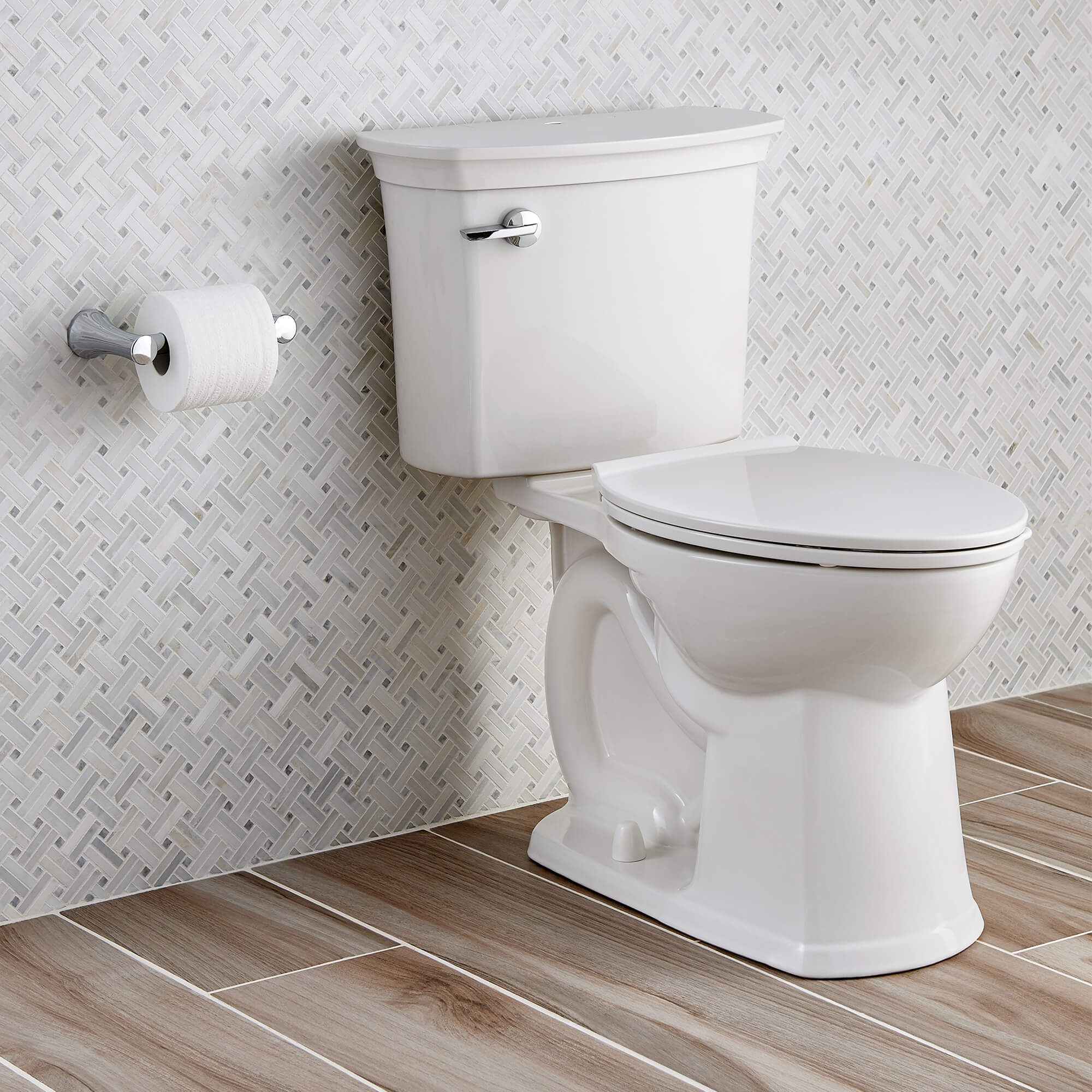
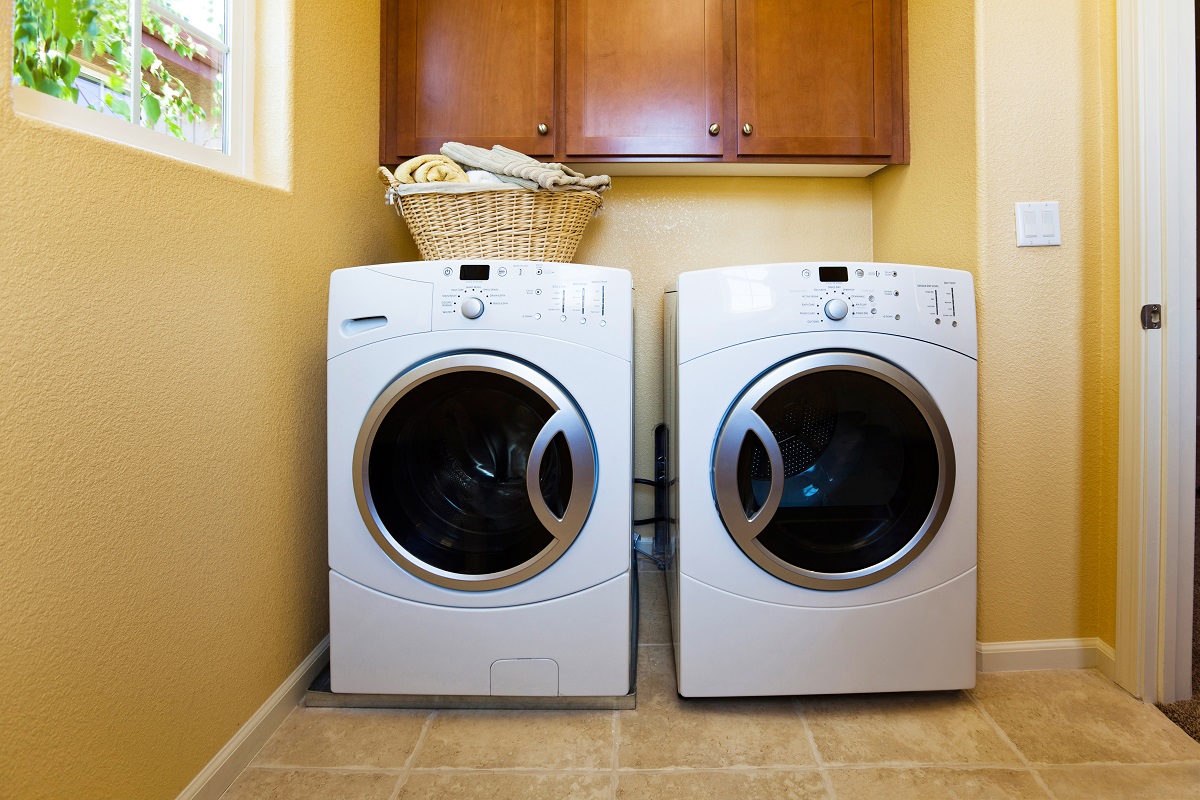


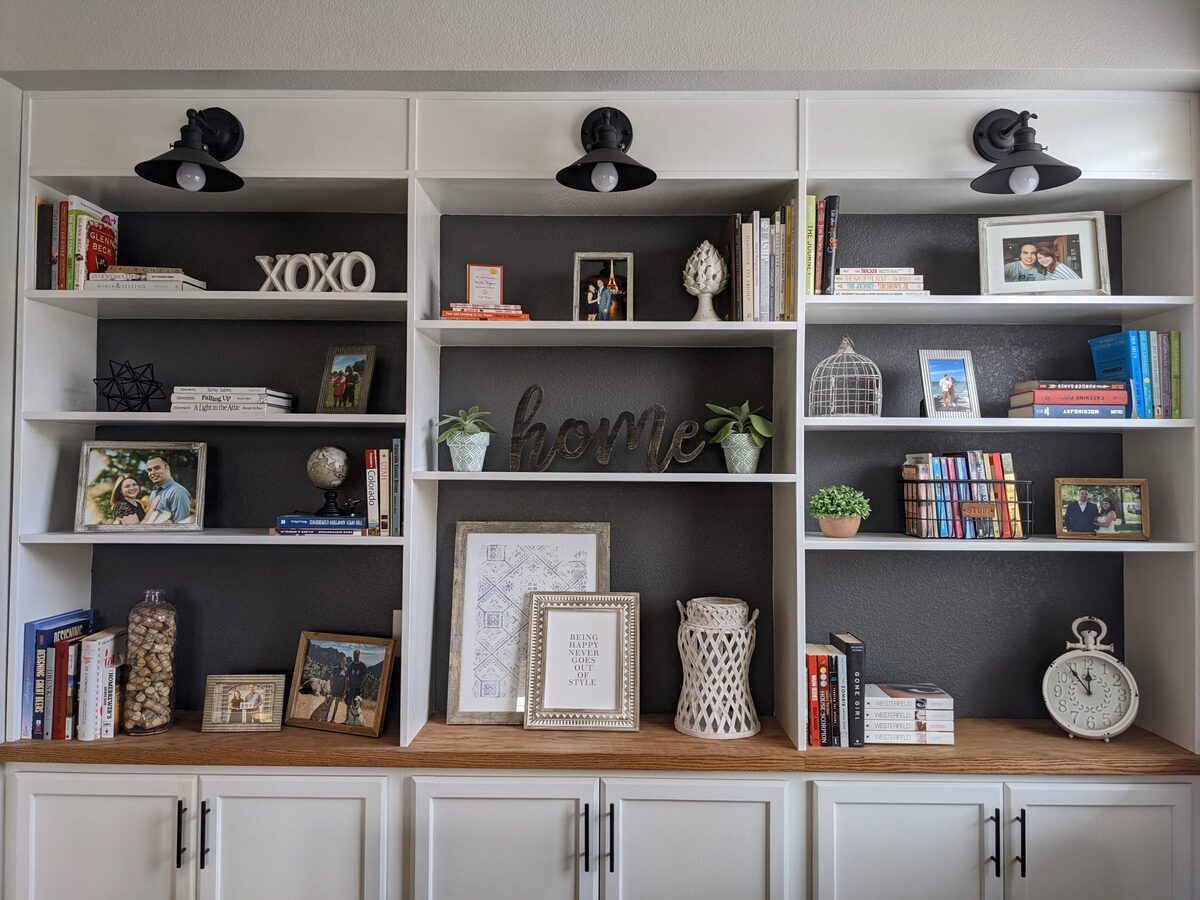
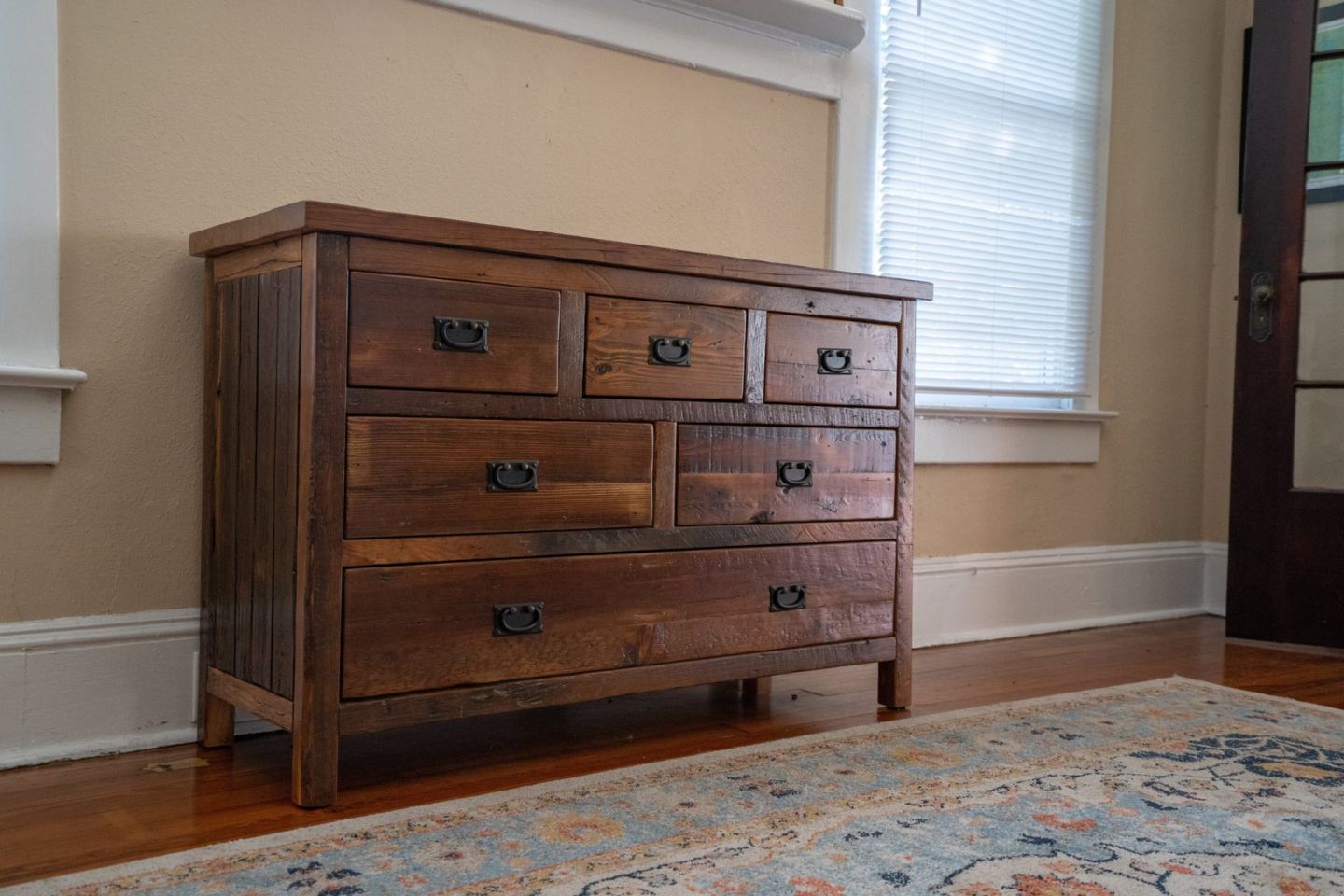
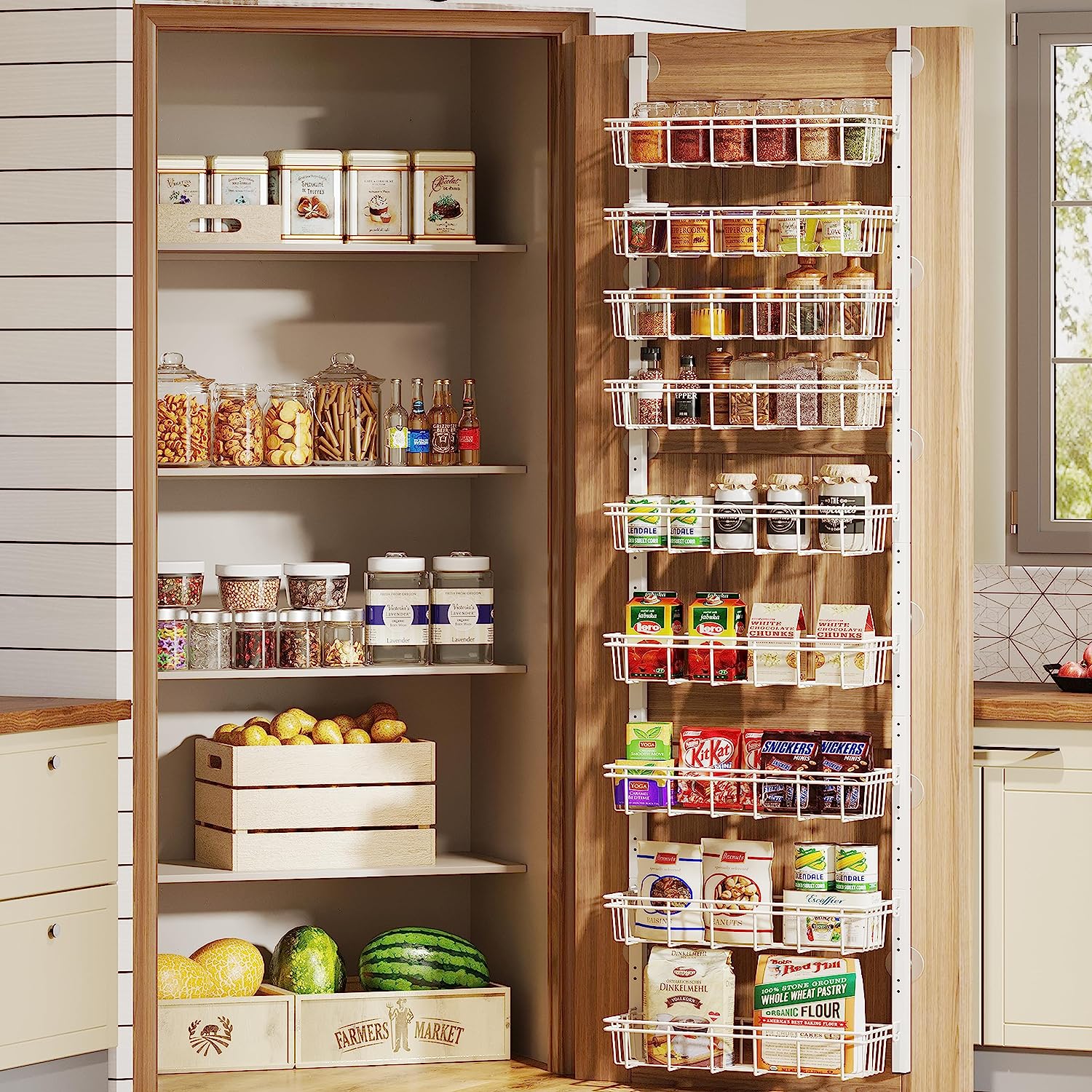
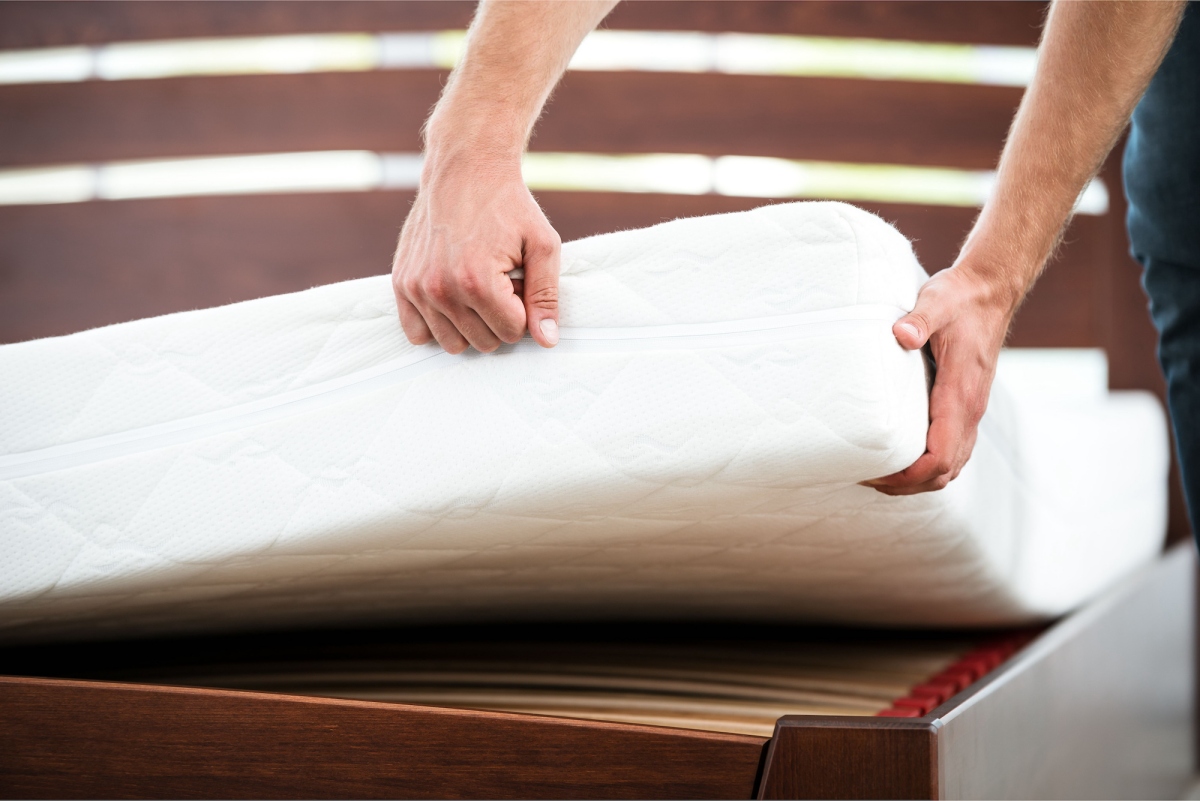
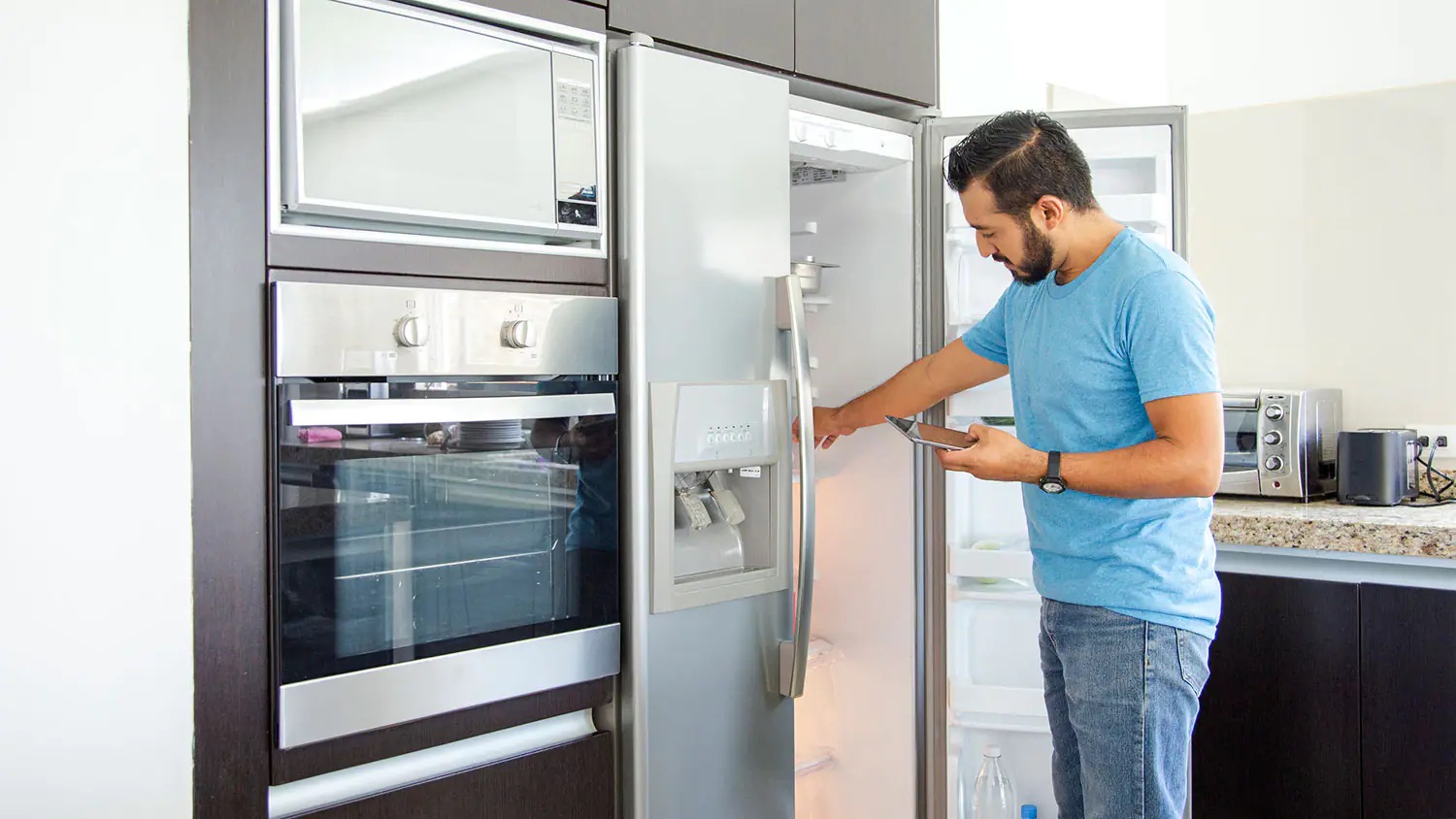

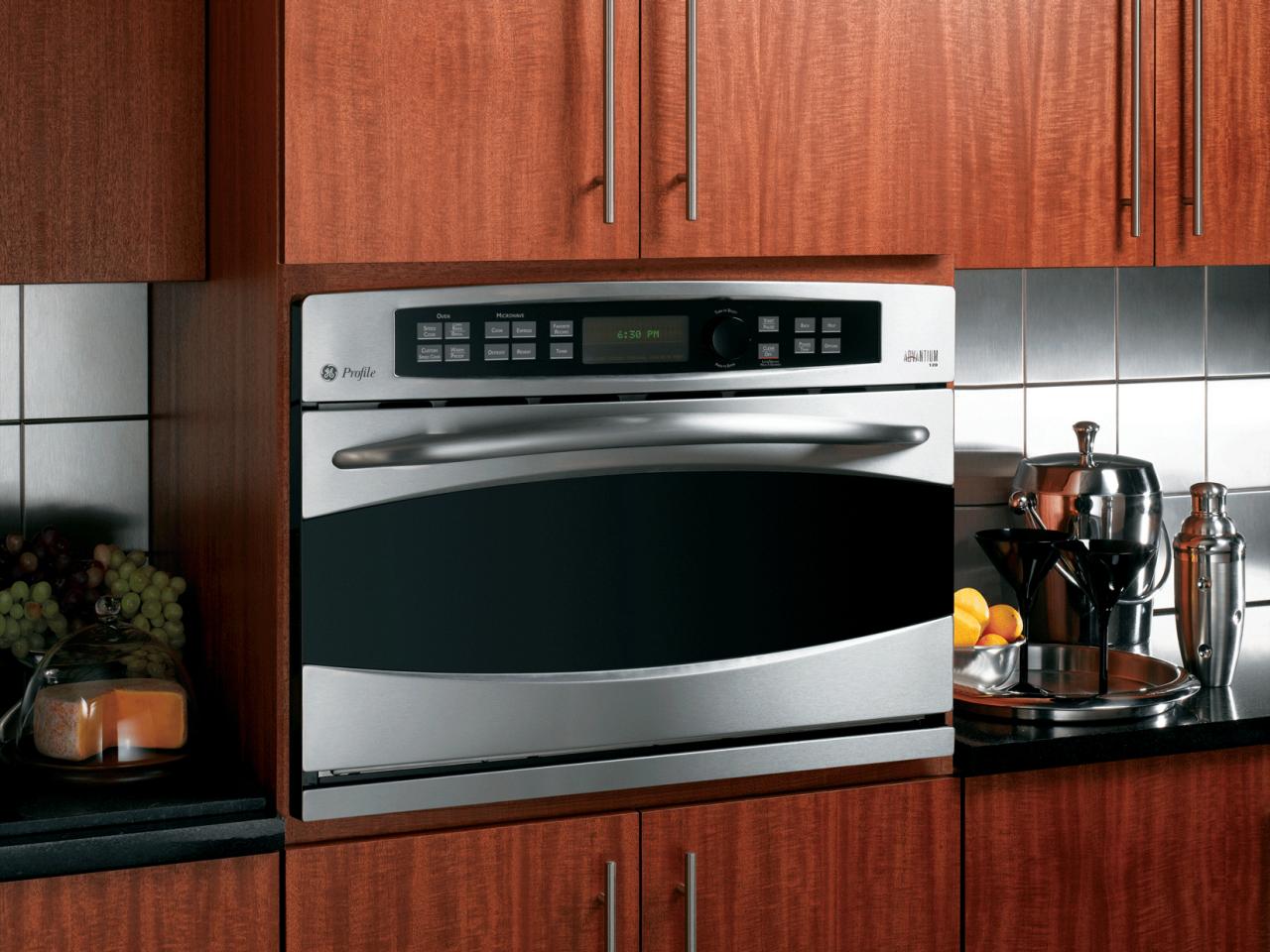
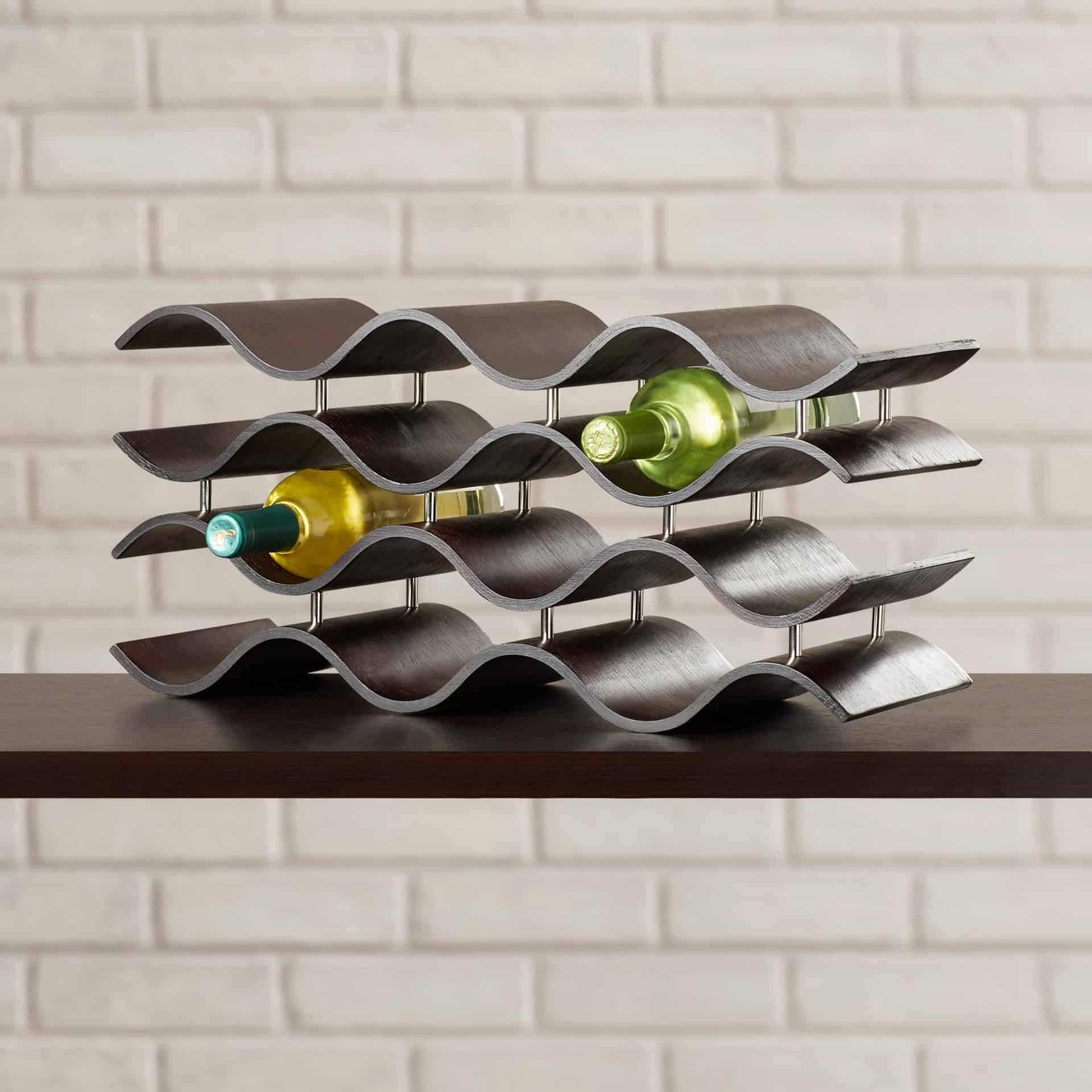


0 thoughts on “How Deep Are Standard Countertops”